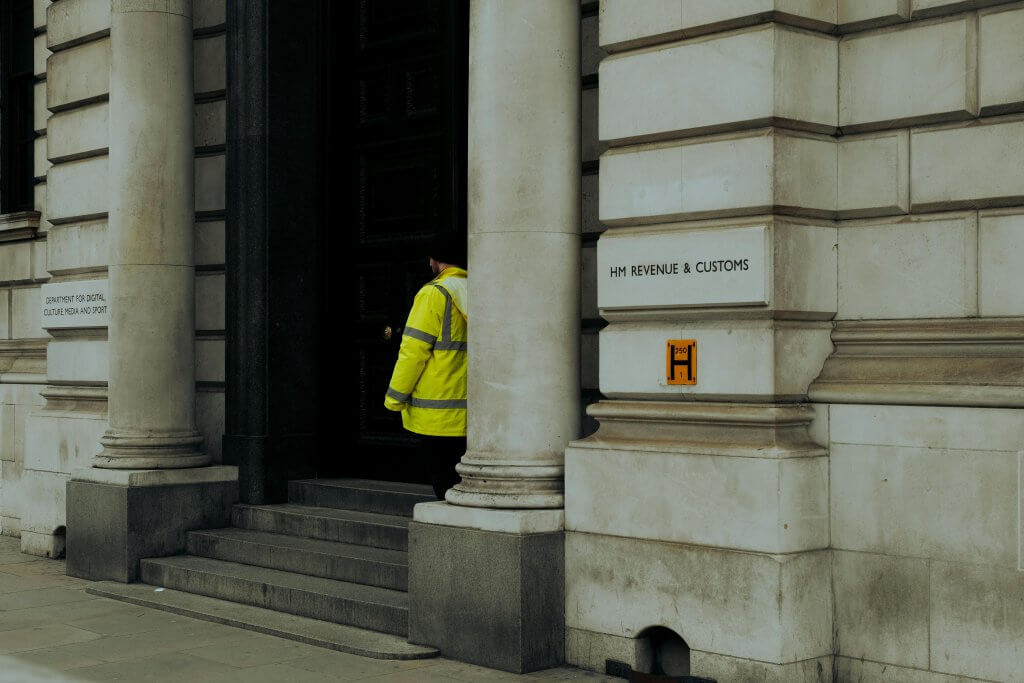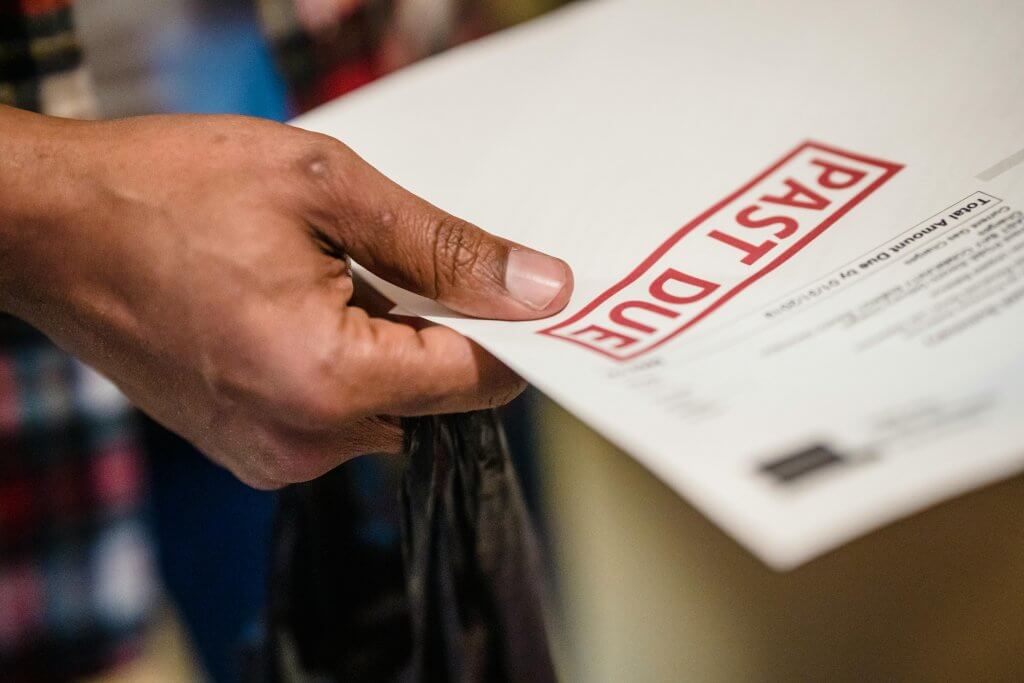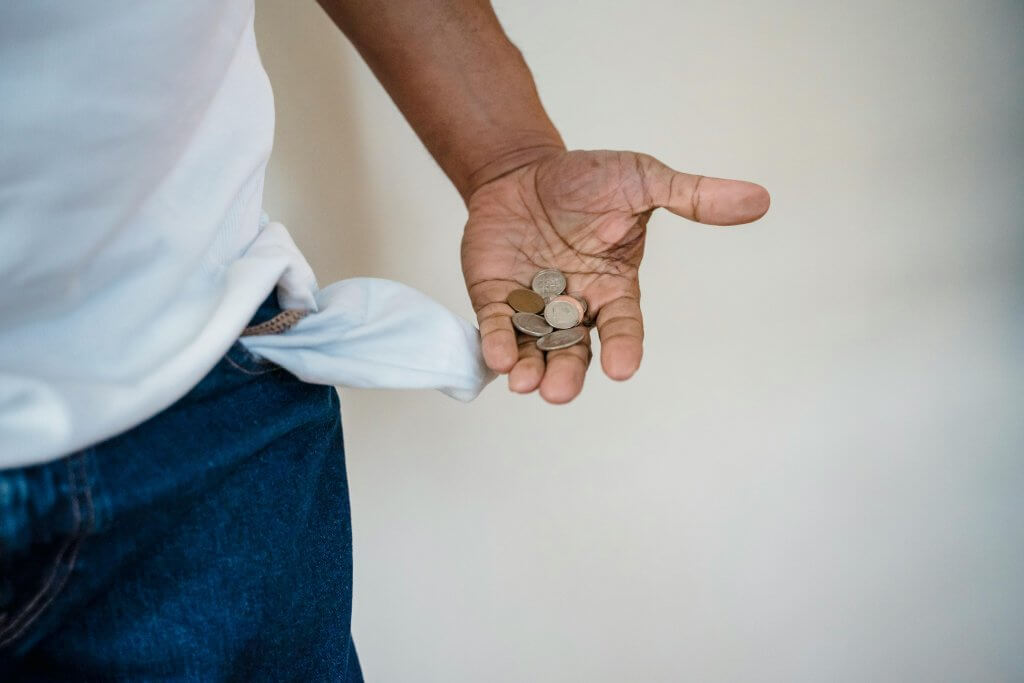The Bounce Back Loan (BBL) scheme was set up by the Government in order to provide loans to small businesses struggling during the pandemic. The scheme was designed to be supportive of directors, with no lender allowed to ask for a personal guarantee.
In addition, even for a sole trader or small partnership who, without protection of a limited company, often risk their personal assets when taking out a loan, the BBL terms mean that no recovery action can be taken over a principal private residence (the house you and your family live in) or a primary personal vehicle (your main car).
The Government guaranteed 100% of the BBL scheme, which means if the company which took out the loan enters a formal insolvency process (such as liquidation), the Government will repay any outstanding loan amount in full.
What is fraudulent use of a Bounce Back Loan?
As with any government initiative there will always be those who seek to take advantage of it. The Bounce Back Loan scheme was no different and unfortunately it has led to some bad press.
Bounce Back Loans were designed as an alternative source of liquidity for small businesses so they could continue trading without having to lay off staff or close down altogether, a bridge until businesses could obtain longer-term funding or get back on their feet. The loan was not intended as an alternative source of finance for personal expenses.
British Business Bank guidance states, “……the loan will only be used to provide economic benefit to the business…”. An example given is the provision of working capital and goes on to explain that a BBL was not for personal purposes.
Martin Lewis, founder of MoneySavingExpert, asked the Treasury to elaborate on this statement. The Treasury confirmed that it was reasonable to use Bounce Back Loans to support a company director’s income.
We refer to the MoneySavingExpert information as useful background rather than as definitive guidance.
R3 (the trade association for the UK restructuring and insolvency community) then went on to publish a very useful set of ‘frequently asked questions’ around the BBL scheme. While these cannot be relied on as formal guidance, answers include if “…they used the BBLS loan monies to draw funds for reasonable living expenses at a rate similar or lower to that of pre-pandemic then it would be difficult to justify taking action against the director…”.
Realistically, there are multiple factors that must be used to determine if a Bounce Back Loan may have been obtained or used dishonestly.
Company liquidation and Bounce Back Loans
As licensed insolvency practitioners, we’re here to support business owners who are forced to close their company through no fault of their own. However, multiple businesses facing the same issue at the same time is unprecedented. We’ve needed to apply insolvency law and guidance to a set of circumstances that weren’t foreseen at the time the guidance was prepared.
A mixture of knowledge, experience and common sense has had to be applied to each individual company situation to make a distinction between directors who have acted dishonestly and those who have been simply unfortunate and now can’t repay a Bounce Back Loan.
If a BBL was not obtained and used legitimately and the company finds itself in a position where it can’t afford to repay the loan and subsequently enters into a formal insolvency procedure, there’s a risk that company directors could be made personally liable for the repayment of the loan.
If the loan was used sensibly, in a way that provided an economic benefit to the business or supported the company director(s) salary, then liquidation would mean the end of the debt. An insolvency practitioner will be looking for evidence that the Bounce Back Loan was used in such a way.
Do you have questions about Bounce Back Loans and personal liability?
If your company is facing financial difficulties and you are concerned you could be made personally liable for repaying its Bounce Back Loan, then please call our expert team of licensed insolvency practitioners. We will help you understand your options and provide the peace of mind that you’ve made the right decisions for you and your business.




